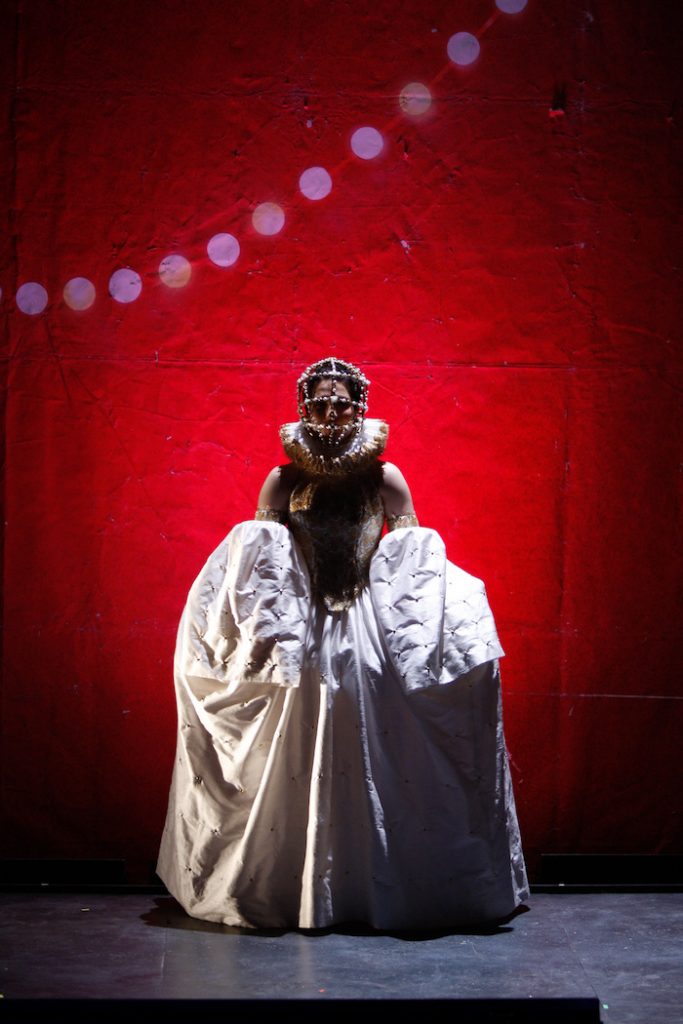Few historical figures seem more suited to the heightened passions of opera than Poppaea Sabina. Born in Pompeii in 30AD, divorce from her first two husbands oiled her Machiavellian way to marriage with the Emperor. Nero, for his part, had his own mother killed to prevent objections. He also executed Poppea’s first husband (and later drowned their first child), posted her second husband, Marcus Salvius Otho, off to Lusitania and, when criticised, ordered his morally outraged tutor Seneca to open his veins in a bathtub. He then banished his half-sister-cum-first wife Octavia to a rocky outcrop. Of course, much is speculation and rumour, but within the salacious reports of Suetonius, Tacitus and Cassius Dio there must lurk at least a grain or two of truth.
While Handel’s comical Agrippina deals with the earlier part of the narrative, its antecedent is perhaps the greatest opera of the 17th century, Monteverdi’s L’Incoronazione di Poppea, a work that broke with many of the conventions of the nascent art form, and defined much of what would be expected from it over ensuing centuries.
 Cincinnati’s College-Conservatory’s 2015 production of The Coronation of Poppea.
Cincinnati’s College-Conservatory’s 2015 production of The Coronation of Poppea.
Claudio Monteverdi (1567-1643) had virtually...










Comments
Log in to join the conversation.